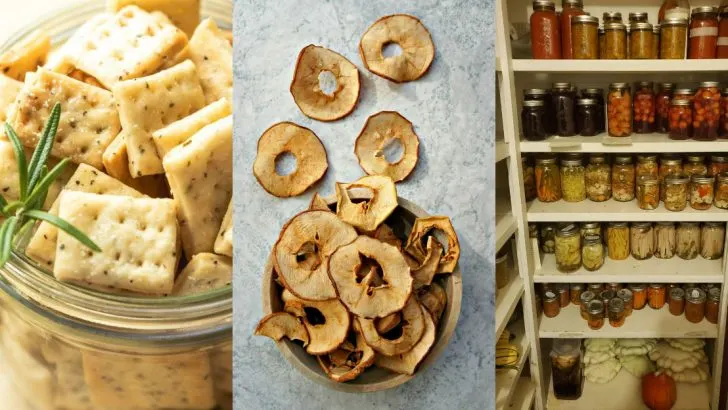Discover a collection of Civil War-era foods that have stood the test of time and are perfect for today’s prepper lifestyle. These foods exemplify simplicity, sustainability, and the ability to provide nourishment even in uncertain times.
Let’s explore how these historical staples can be incorporated into modern-day preppers’ pantries.
Hardtack
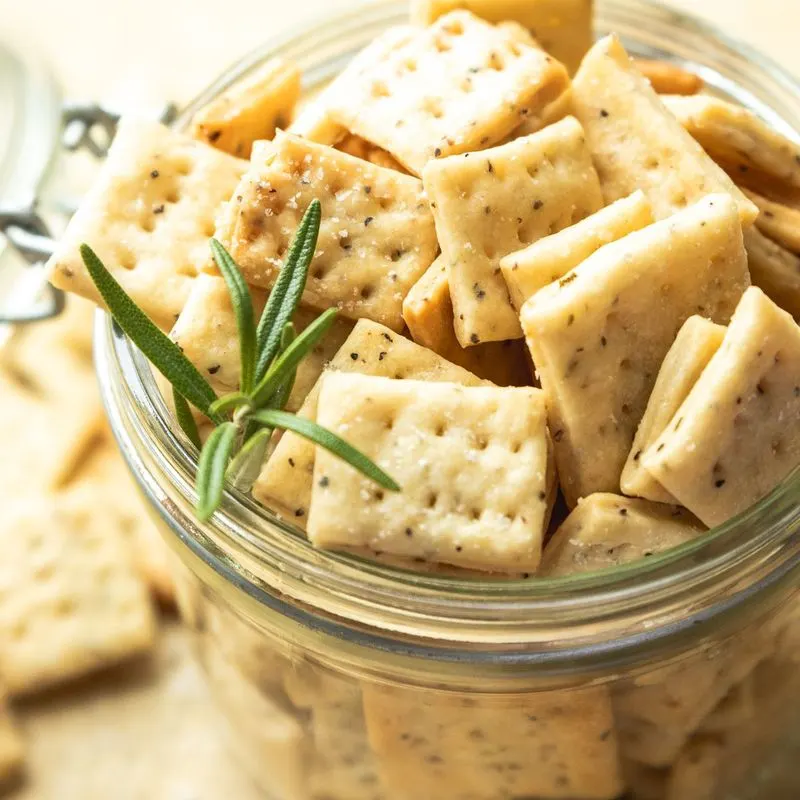
These simple, dense crackers were a staple in soldier rations. Consisting of just flour, water, and salt, they boast a long shelf life perfect for preppers.
Although bland, hardtack can be soaked in soups or stews, making it versatile. Modern preppers can bake them at home, retaining their durability and ease of storage.
Not merely a relic of the past, this food offers a sustainable option for those preparing for emergencies. Embrace the challenge of creating your own hardtack and add it to your emergency supplies for a taste of history that serves a practical purpose.
Salt Pork
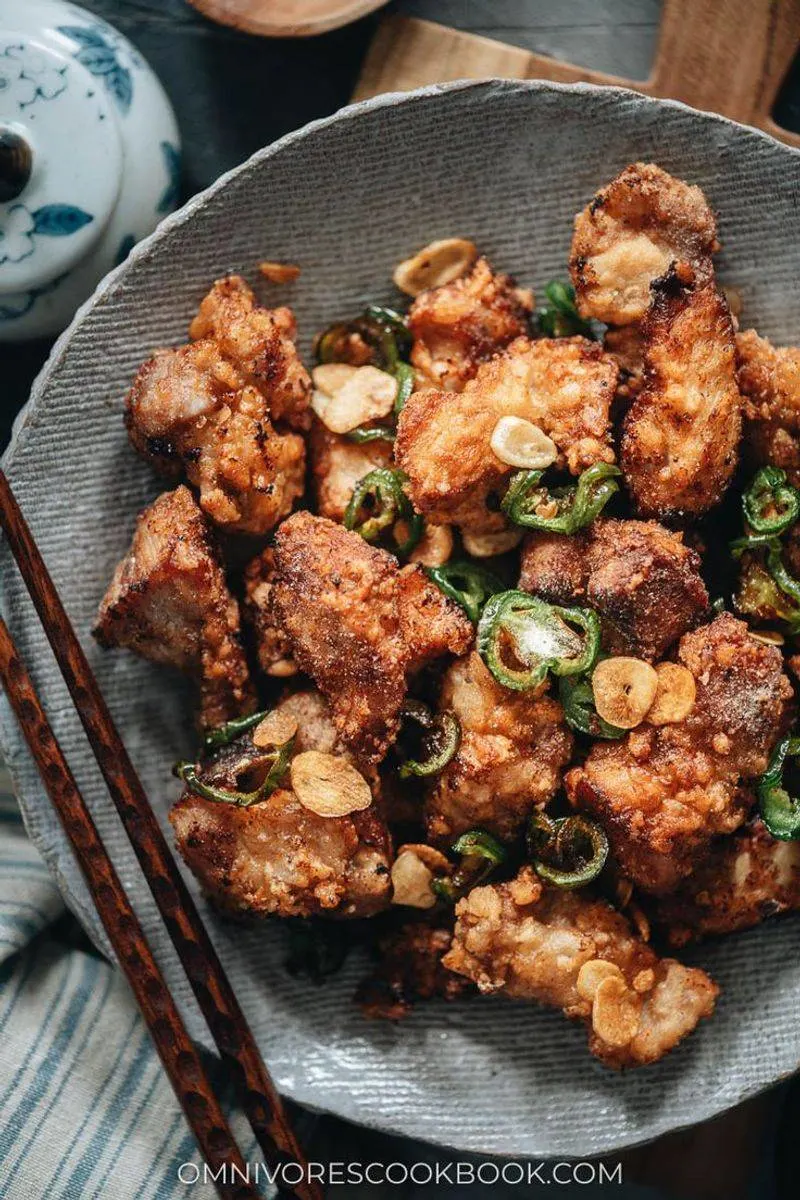
In times when refrigeration was scarce, salt pork was a lifesaver, preserving meat through salt curing. Known for its longevity, it remains a practical choice for preppers.
Salt pork can flavor beans and greens, providing sustenance and taste. Today, it continues to be an asset in long-term food storage.
Preparing your own salt pork can be an engaging endeavor, offering a window into historical preservation methods. Add this to your prepper pantry to ensure you have a reliable protein source with an undeniable connection to our culinary past.
Johnnycakes
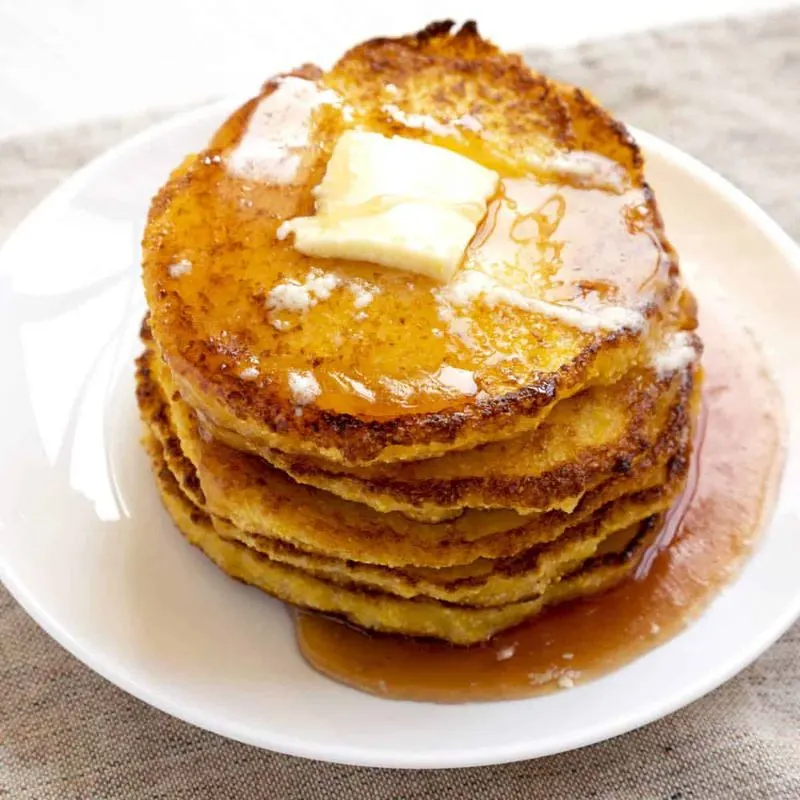
Cornmeal-based johnnycakes were enjoyed by soldiers and civilians alike. Easy to make with just cornmeal, water, and salt, they can be cooked on a griddle or skillet.
Their adaptability makes them ideal for preppers, offering a comforting and filling option. Pair with honey or syrup for a treat or serve with savory dishes.
Johnnycakes symbolize the resilience of simple ingredients and highlight the importance of versatile cooking methods. By mastering this recipe, preppers can enjoy a tasty, enduring food that echoes the resourcefulness of the Civil War era.
Dried Apples
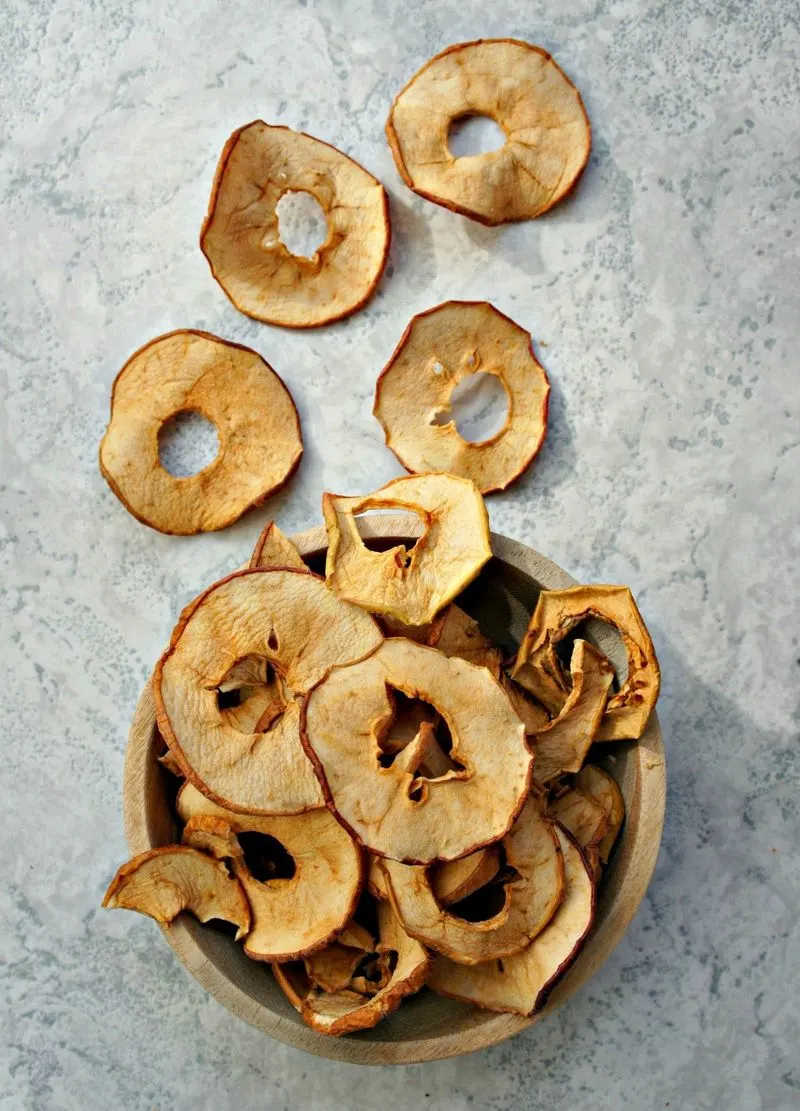
Dried apples provided a sweet reprieve from the monotony of rations. They were cherished for their ability to last without spoiling.
Today, drying apples at home can preserve this tradition, offering a nutritious snack that requires no refrigeration. These sweet slices are versatile; add them to oatmeal or bake them into pies for a taste of history.
Dried apples not only serve as a delightful treat but also as a reminder of the ingenuity required in times of scarcity. Preppers today can enjoy this simple, effective preservation method.
Beans and Rice
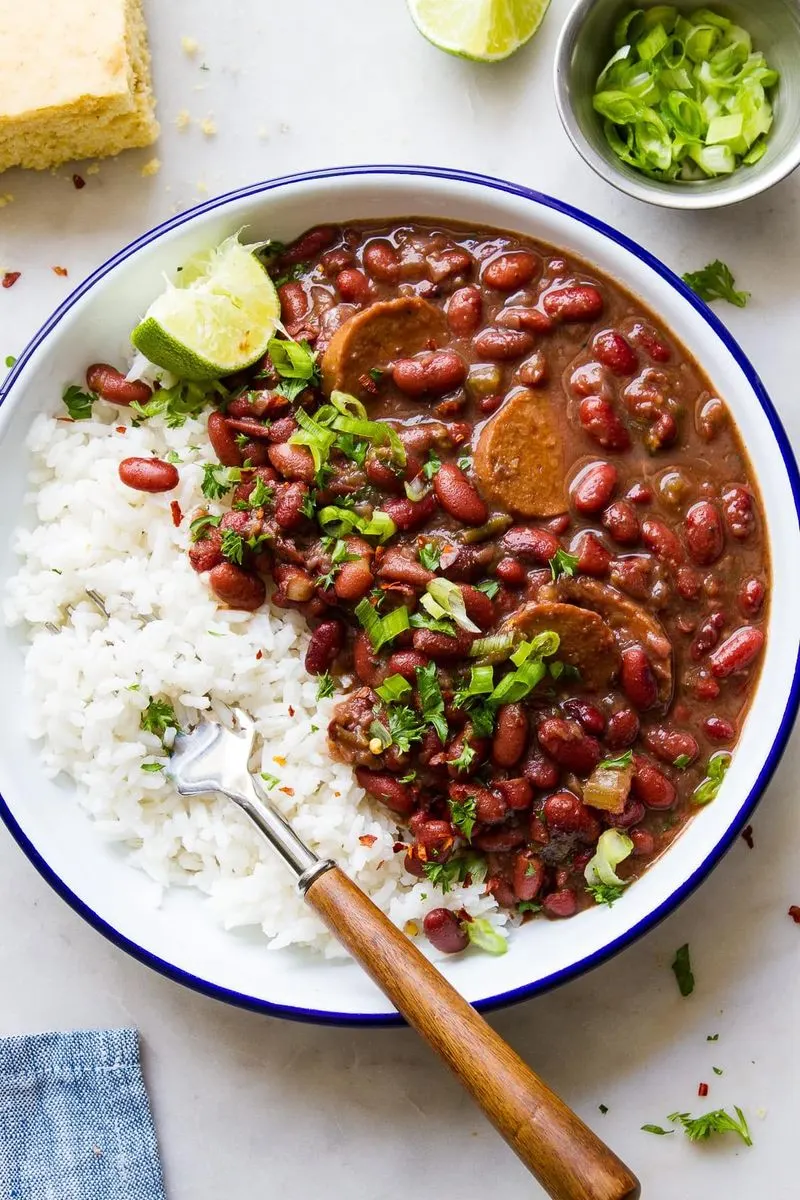
This classic combination was a common meal, providing essential nutrients and energy. Beans and rice remain a cornerstone for preppers due to their long shelf life and nutritional value.
They can be seasoned in countless ways, offering variety to meal planning. Cooking up a batch is straightforward, making it a reliable choice during uncertain times.
As a prepper, mastering this dish ensures a hearty, fulfilling meal that connects us to the resourcefulness of Civil War cooks. Incorporate various spices to keep this staple exciting and satisfying.
Molasses
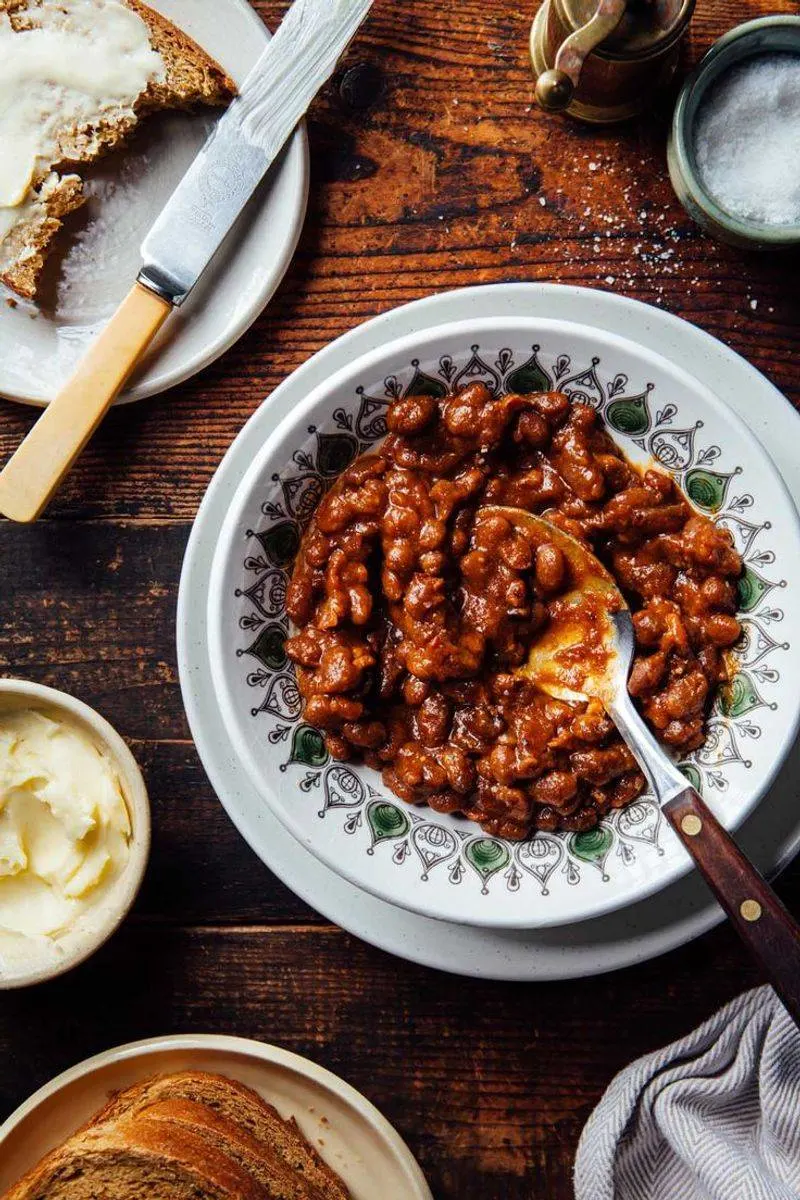
This thick, sweet syrup was used to sweeten foods and beverages during the Civil War. Its high energy content made it valuable to soldiers and civilians.
Molasses can enhance the flavor of baked goods or be stirred into porridge. For preppers, its long shelf life and versatility make it a smart addition.
It’s not just a sweetener but a nutrient-rich ingredient that offers iron and calcium. By stocking molasses, preppers can add flavor and nutrition to their food supplies, tapping into a historical ingredient that has stood the test of time.
Canned Vegetables
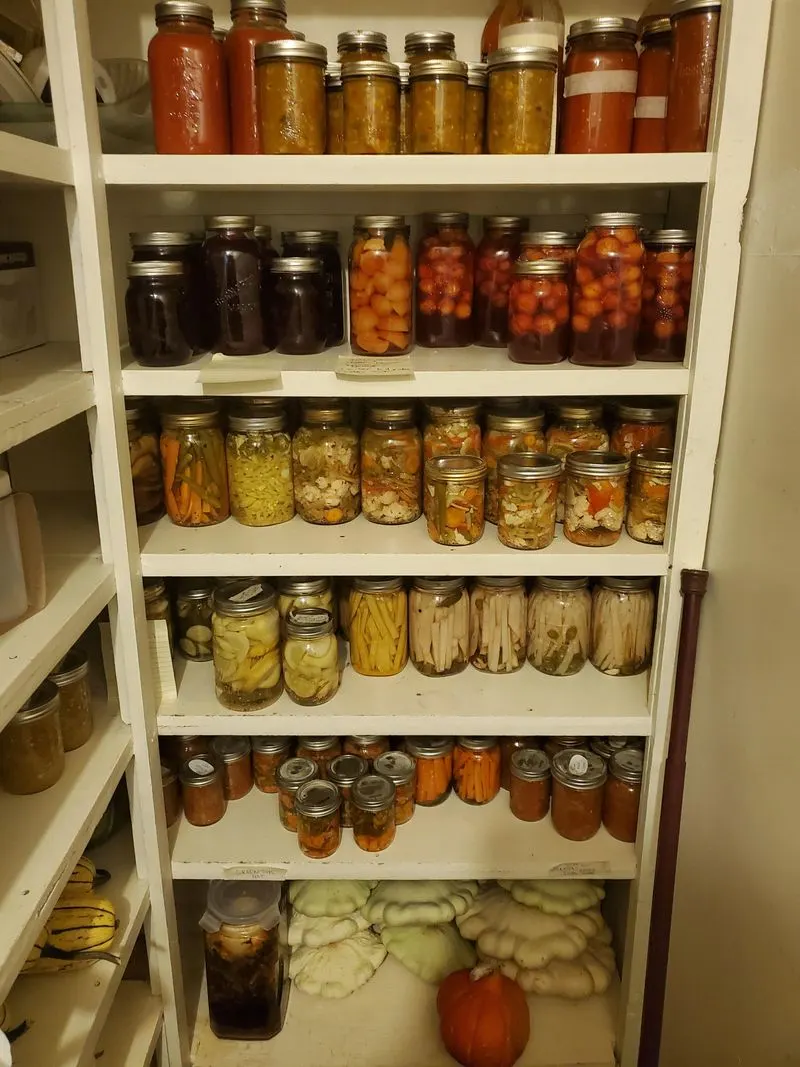
Preserving vegetables was vital during the Civil War, and canning continues to be a vital strategy today. Canned vegetables offer convenience and nutrition, requiring no refrigeration.
For preppers, they provide an accessible way to maintain a balanced diet. Stocking a variety of canned veggies ensures meals remain diverse and nutritious.
Engage in home canning to embrace both history and self-sufficiency. A pantry filled with canned vegetables reflects preparedness and an appreciation for this long-standing preservation method.
This practice ensures food security and variety for any prepper.
Sorghum Syrup
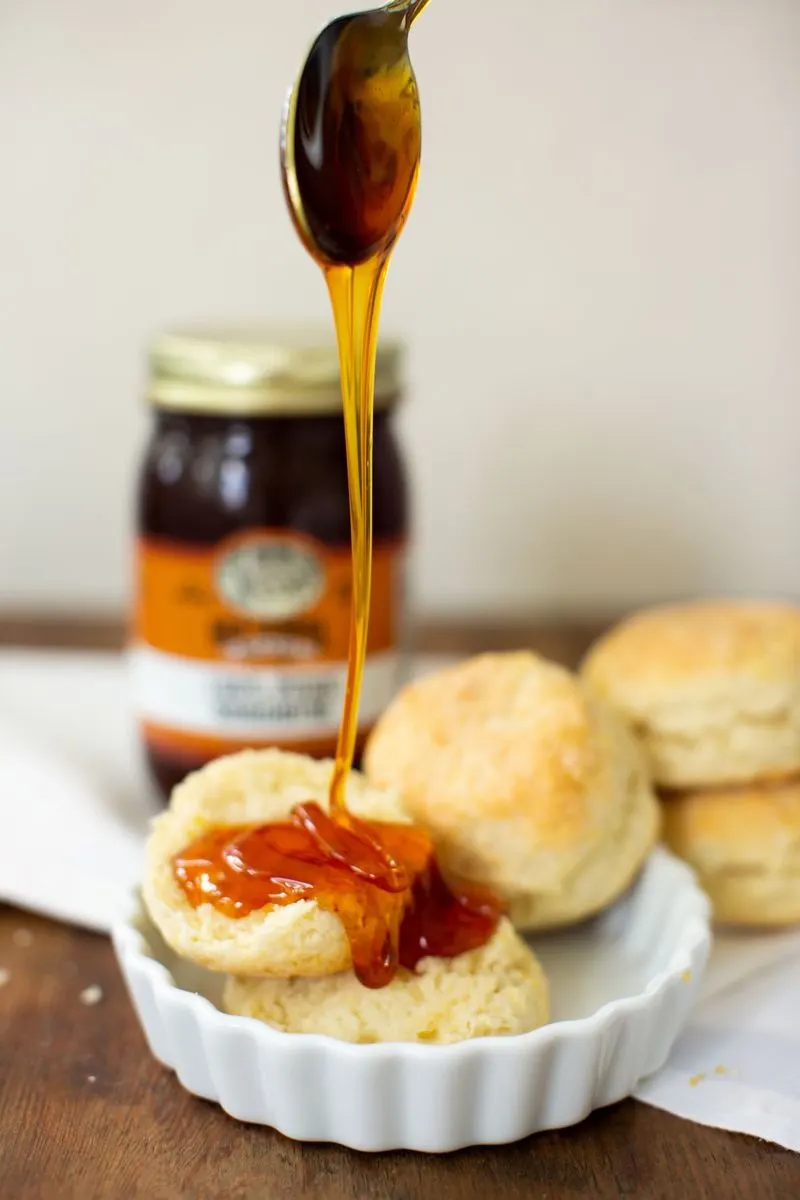
Derived from the sorghum plant, this syrup was a sweet staple during the Civil War. Known for its robust flavor, sorghum syrup offers a unique taste to today’s preppers.
Use it as a topping for biscuits or as an ingredient in baking. It boasts a long shelf life and is rich in antioxidants.
Including sorghum syrup in your food storage diversifies your sweeteners and provides historical depth to your pantry. Experimenting with it can yield delicious results, reinforcing the importance of versatile ingredients in times of need.
Hominy
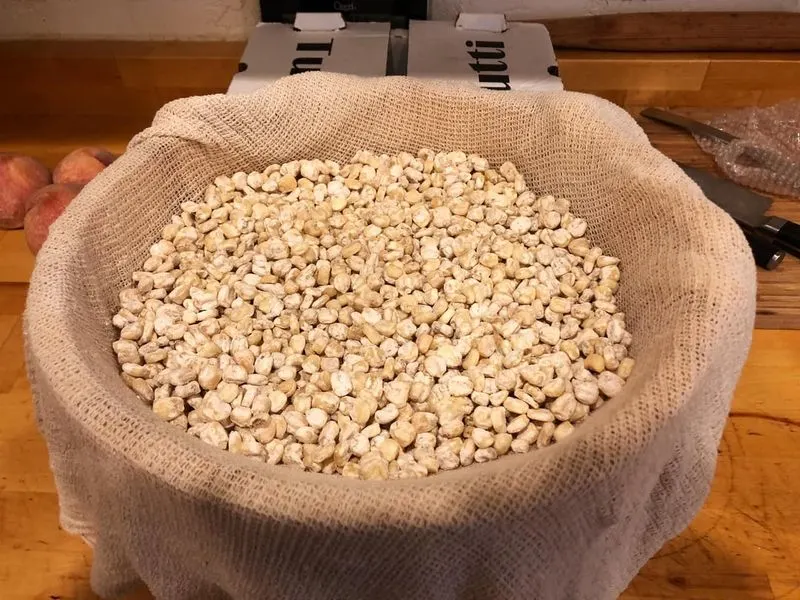
Made from dried corn kernels, hominy is an ancient food that saw wide use during the Civil War. Its soft texture and nutty flavor make it an adaptable ingredient for preppers.
Whether served as a side dish or incorporated into soups, it provides a satisfying and nutritious option. Hominy offers a glimpse into traditional food practices, connecting modern preppers to a simpler time.
By incorporating hominy into your meals, you expand your culinary options and appreciate the enduring legacy of this versatile ingredient.
Coffee Substitute
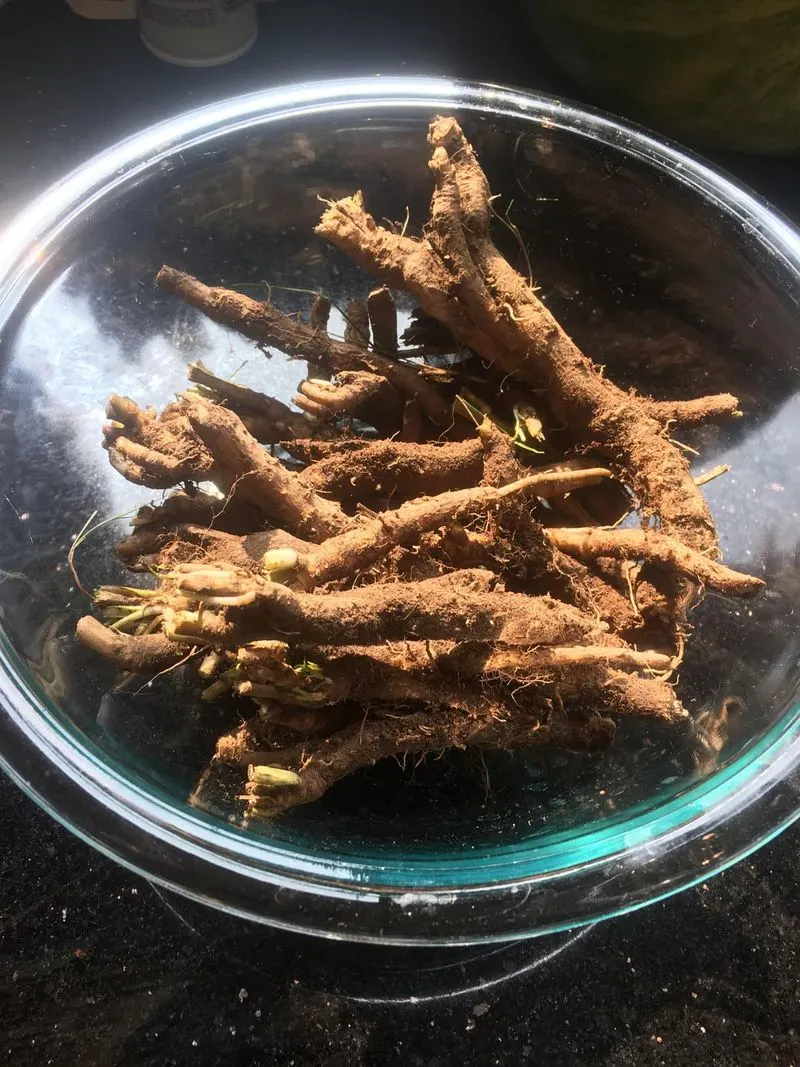
With coffee scarce, soldiers often turned to substitutes like chicory root. This earthy alternative offered comfort when coffee beans were unavailable.
Preppers can appreciate the flexibility of coffee substitutes, exploring different flavors when traditional coffee is hard to come by. Brewing chicory or other herbal blends ensures a warm beverage in uncertain times.
By embracing these alternatives, preppers gain resilience and adaptability, echoing the ingenuity of those who made do without. Whether out of necessity or curiosity, experimenting with coffee substitutes can enrich your prepper experience.

